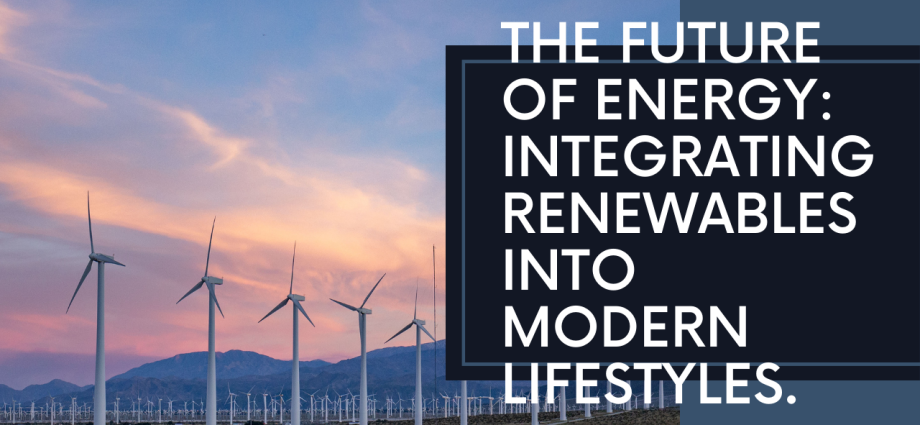The demand for sustainable living habits is greater than ever as the globe deals with issues like pollution, climate change, and depletion of natural resources. Using renewable energy sources into contemporary lifestyles is one of the main tenets of sustainable living. Renewable energy technologies provide clean, dependable, and ecologically friendly energy sources as viable substitutes for fossil fuels. Examples of these technologies include solar, wind, and hydroelectric power.
Particularly solar energy has become a well-liked option for towns, organizations, and homes looking to cut energy expenses and lessen their ecological footprint. Sunlight can be captured and turned into electricity with solar panels mounted on parking lots, rooftops, or open fields.
Technology breakthroughs and falling prices have made solar energy systems more widely available and reasonably priced, making them a desirable choice for people and businesses everywhere.
Another exciting renewable energy source that is gaining popularity in both urban and rural regions is wind power. To capture wind energy and produce electricity, wind turbines can be erected on land or in the ocean. Wind energy is a desirable alternative for supplying electricity to residences, companies, and entire communities since it is plentiful, clean, and limitless.
Water movement can also produce hydroelectric power, which is a useful resource for incorporating renewable energy into contemporary living. Micro-hydro systems can be used to create energy for rural villages, farms, and off-grid dwellings by installing them in rivers, streams, or irrigation canals.
Larger hydroelectric dams can help metropolitan areas become less dependent on fossil fuels and less vulnerable to climate change by supplying clean, dependable energy.
In summary, creating a sustainable future for future generations requires incorporating renewable energy into contemporary lifestyles. Individuals, companies, and communities may lessen their environmental effect, encourage energy independence, and build stronger, healthier communities by embracing technologies like solar, wind, and hydroelectric power. Because it delivers long-term energy cost savings and protection against volatile fossil fuel prices, investing in renewable energy is beneficial for the environment as well as our pocketbooks.



Comments are closed, but trackbacks and pingbacks are open.